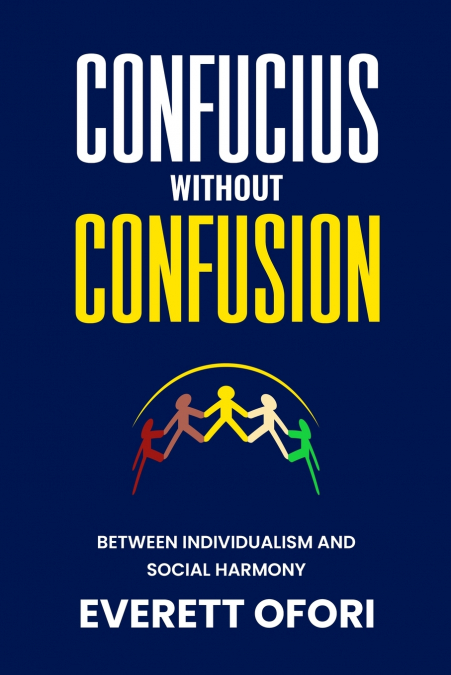
Everett Ofori
PrefaceIt has become an article of faith that Confucianism is synonymous with communitarianism. Few people are aware, however, that this strong characterization, evident as it appears on the surface, was in part, an image that was imposed on Chinese society by such Western scholars as Max Weber to distinguish it from Western society. While the intention seems to have been an attempt to uphold the superiority of the West over the East, i.e., individualism over communitarianism, in recent years, scholars such as Harvard’s Michael Sandel, see the supposed communitarianism of Confucian society as being more positive than the individualism of the West, where each person stands alone. This book examines Confucian society in great detail and reveals that while indeed there were features of communitarianism in Confucian society, there was also the tendency towards individual agency in the choices people made towards their life’s work, their autonomy to develop their talents either as scholars or artists, and their willingness to undergo the privations of solitude and perpetual study, not necessarily for personal gain but to make themselves useful stewards of the truth. In addition, Confucian scholars were not just pliable bookworms; they could use their gifts and the fruits of their self-cultivation in service of their society.